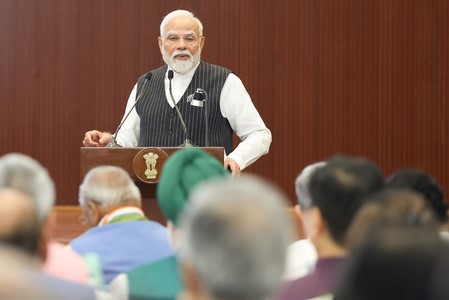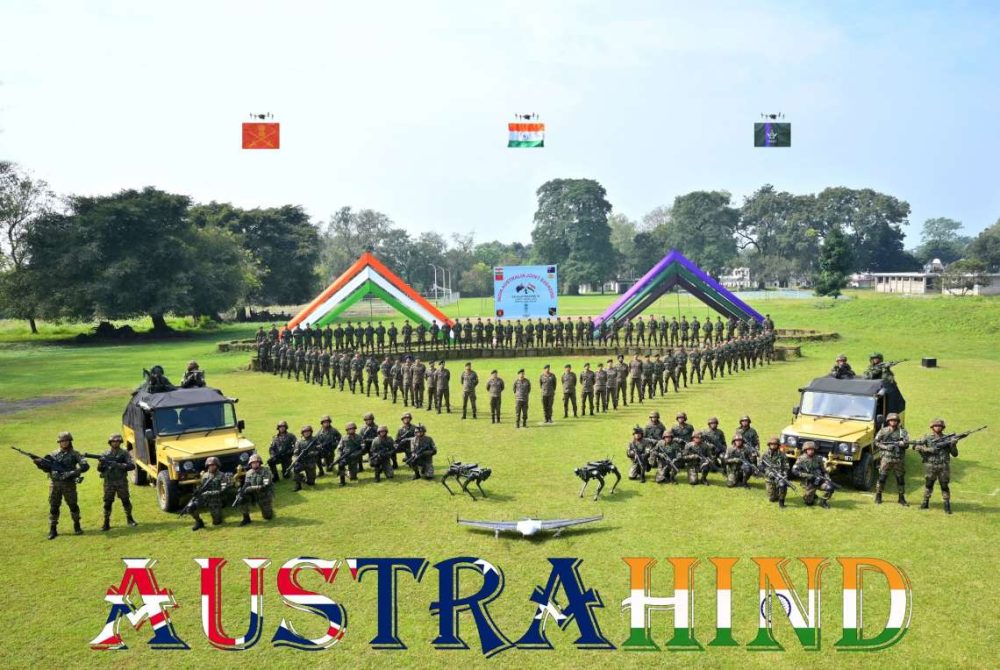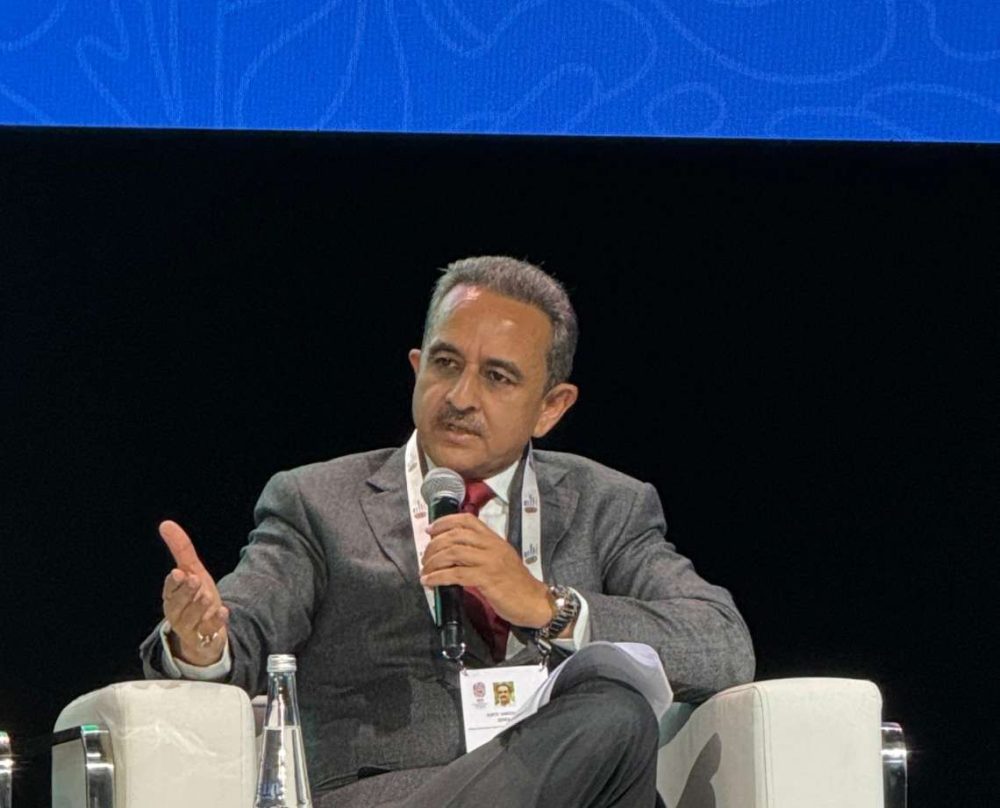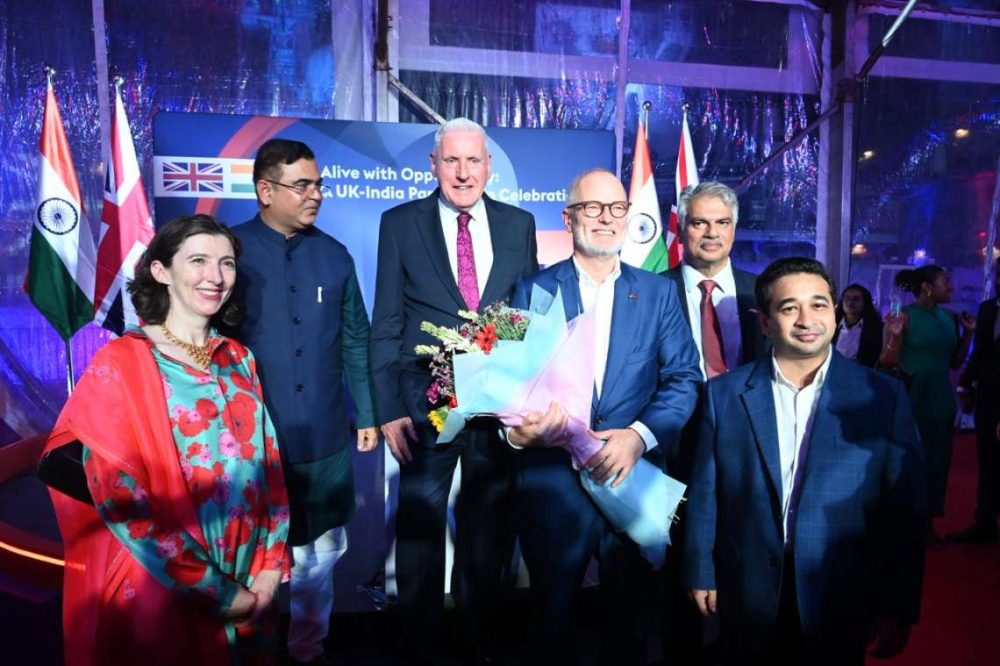India’s nationwide census, including caste enumeration for the first time, will be conducted in two phases beginning October 2026 and conclude by March 1, 2027
India is set to conduct its first digital and caste-based census in two phases, concluding by March 1, 2027, following a 16-year gap since the last national count.
The Union Ministry of Home Affairs confirmed on Wednesday that the long-delayed decadal census will begin in selected regions in October 2026, ahead of a nationwide rollout. The announcement marks a historic shift in India’s demographic data collection, as the upcoming census will be the first in independent India to record caste data across all groups.
The national reference date for the census is set for 12 a.m. on March 1, 2027, though snow-bound regions such as Ladakh, Jammu and Kashmir, Himachal Pradesh, and Uttarakhand will use October 1, 2026, as the baseline.
According to government officials, the census will be carried out in two stages: first, house listing and housing schedules; and second, the population enumeration. The exercise will use digital tools such as mobile applications and a dedicated census portal, making it the first fully digital census in the country’s history.
Preparatory activities have already been completed, and the Office of the Registrar General of India is expected to issue formal gazette notifications on or around June 16, 2025. The census will use the 24 lakh enumeration blocks initially prepared for the 2021 census, which was indefinitely postponed due to the COVID-19 pandemic.
More than 30 lakh enumerators, many of whom are government school teachers, will be retrained in digital methods. A new section for caste data will be added alongside the existing categories for Scheduled Castes and Scheduled Tribes.
The decision to include caste data follows demands by several opposition parties and states. Bihar, Telangana, and Andhra Pradesh have conducted their own state-level caste surveys in recent years. Karnataka is also considering releasing data from a 2015 survey.
The move comes after the Cabinet Committee on Political Affairs, chaired by Indian Prime Minister Narendra Modi, approved the inclusion of caste enumeration in April 2025. The government claims the data will aid in more equitable policy development and governance.
While supporters view it as a step towards greater social justice, critics have raised concerns about its potential to deepen societal divisions. During the 2024 general election campaign, the ruling Bharatiya Janata Party (BJP) had initially opposed the idea of a caste census, but later reversed its stance.
The last nationwide census was held in 2011. A decadal census was scheduled for 2021 but was delayed first due to the pandemic and then without clear explanation. The opposition has criticised the extended delay.
“There is really no reason to delay the Census that was due in 2021 for another 23 months,” said Congress MP Jairam Ramesh, accusing the government of prioritising headlines over deadlines.
Tamil Nadu Chief Minister M.K. Stalin has alleged that the delay is politically motivated, aimed at manipulating the future delimitation of parliamentary seats. He warned that the 2027 census could be used to reduce Tamil Nadu’s representation in Parliament, referencing constitutional mandates that link the census to constituency boundaries.
The 84th Constitutional Amendment Act of 2001 froze parliamentary seat allocation until after the first census conducted post-2026. The upcoming 2027 census will therefore be instrumental in redrawing constituency boundaries. This will also influence the implementation of the recently passed law reserving one-third of seats for women in the Lok Sabha and State Assemblies, which depends on updated population data.
Delimitation remains contentious, with several southern states voicing concern that their success in population control could cost them representation. They fear a redistribution favouring states with higher population growth.
Notably, the government did not announce any update to the National Population Register (NPR), which was to be revised during the first phase of the 2021 census. The NPR, holding records of 119 crore residents, is considered a precursor to the proposed National Register of Indian Citizens (NRC), a measure that has faced political and legal opposition in several states.
Citizens may have the option to self-enumerate through an online portal developed earlier for the 2021 census, though this will be restricted to households that have updated their NPR data.
India has conducted a national census every ten years since 1881. The census remains the largest source of demographic and socioeconomic data in the country. Its findings are critical for public policy, development planning, and electoral processes, including the delimitation of constituencies and allocation of parliamentary seats.
The 2027 census is expected to provide vital insights into the changing composition of the Indian population, including data that could shape the country’s political, social, and economic trajectory for the next decade.














